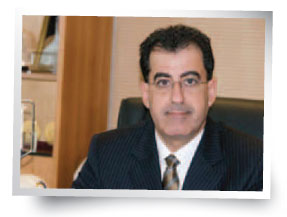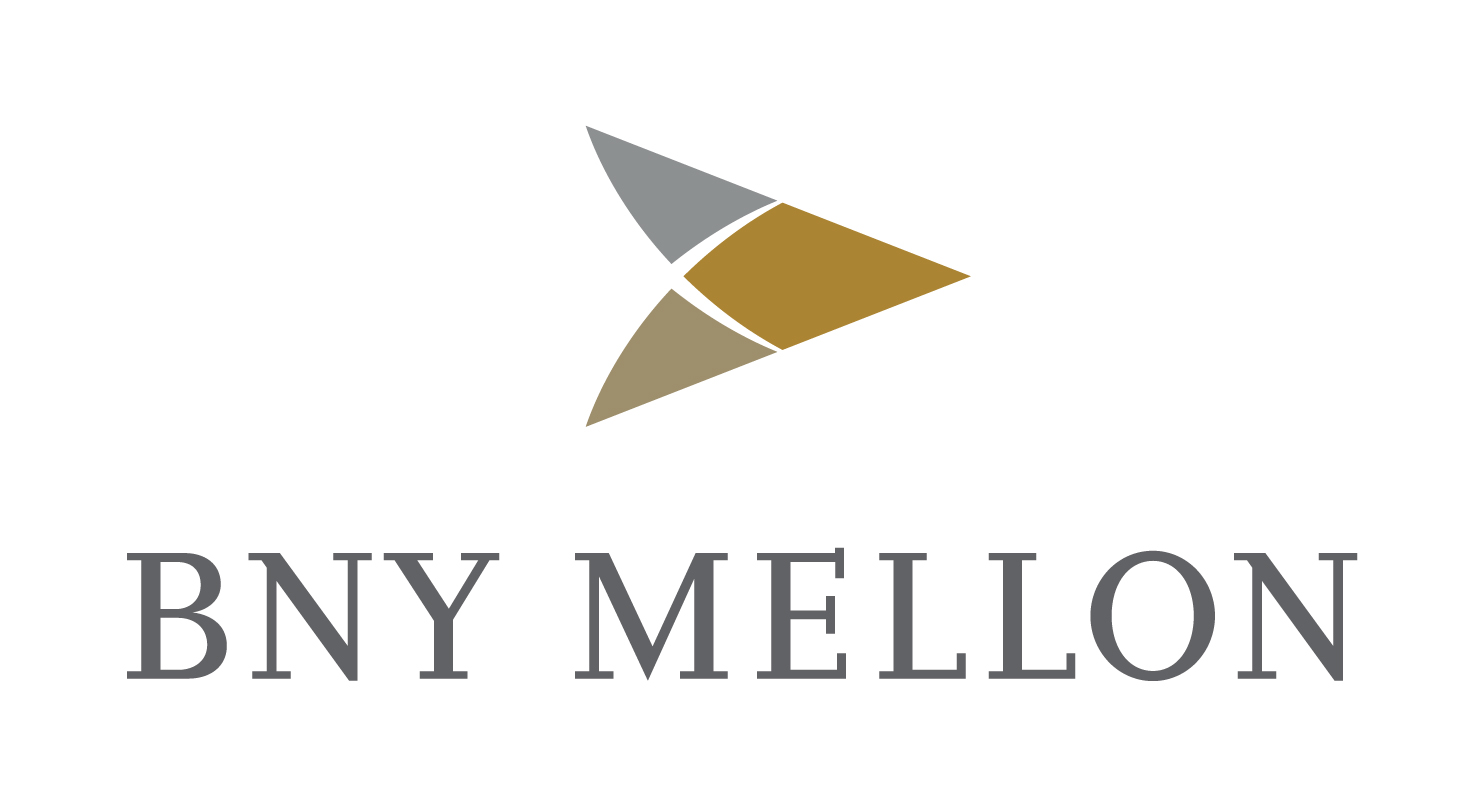
New financial services upgrades are aimed at turning Doha into a major business centre. PAUL MELLY reports on theconsiderable progress being made
Ambition is never lacking in Qatar. This is a country that has sought to carve out its own specialist niche in the Gulf financial market, undeterred by the competitive challenge presented by more established hubs such as Dubai and Bahrain.
And with the Qatar Financial Centre for international institutions now well established, the authorities are currently focusing on enhancement of the domestic banking infrastructure.
Work is well advanced on a new direct debit system, which should be launched before long. And already Qatar ACH (QATCH), an electronic cheque clearing system for transactions below Qar250,000, has been brought into operation.
“Infrastructure is at par with, and in certain cases better than, others in the region, with options to make local payments over NAPS/QATCH. Th e image-based cheque clearing system and QPay – Qatar Central Bank’s Payment Gateway – are a distinct advantage over other countries in the region,” says Salah Murad, chief executive of Ahli Bank in Qatar.

Such enhancements in the national financial infrastructure are essential to keep pace with the ever-growing needs of an economy fuelled by massive gas exports, increasing consumer affl- uence and the government’s determination to build doha into a major business centre with a wide range of service activities.
Rising customer expectations
Th e rising expectations of both business and personal customers oblige individual banks to keep investing and modernising on a constant basis. and the presence of leading international names means that Qatari institutions have no room for complacency.
“Technology is one of the key opportunities for growth for foreign and local banks alike. The local players have realised the importance of technology and the critical role it plays in off ering quality cash management solutions to corporate customers, and we are seeing the local banks enthusiastically investing in this area,” said one senior banker. “however, at present, robust, state-of-the-art delivery channels such as electronic banking systems are a major strength of foreign banks.”
Payments and cash management (“PCM”) is certainly an area where the expectations of customers put banks under pressure.
“The Qatari market is constantly evolving, and the PCM sector has seen particular growth over the past few years. We are seeing an ever increasing number of local corporates embracing the idea of eff ective cash management, assisted by state-ofthe- art technology. Previously, this was primarily the case in the multinational segment, but we now see adoption across the length and breadth of the corporate spectrum,” said shahid a syed, senior manager for global payments and cash management at HSBC Qatar.
He attributes this to the interest and enthusiasm of a new generation of local business people. as this expanding cohort of younger people comes to play a larger role in the world of work this is triggering a “paradigm shift ” in attitudes to banks; and that, in turn, impacts upon overall company thinking.
“Corporate expectations of cash management products and services are also rising, in line with global expectations and demands,” said syed. “This has been particularly true since the global financial crisis, which highlighted the importance of robust, effective and efficient cash management solutions.”
But it is not just a question of service quality. Ahli Bank’s Murad said that customers want faster services but they are also looking for ways to cut costs.
Bankers respond to demand
Banks have certainly responded to the customer pressure for improved services. Qatar national Bank (QNB), traditionally a leading force in the corporate market, off ers customised solutions, tailored to suit the needs of individual companies, to keep them informed of account activity and automate back offi ce functions through on-line services and products such as e-mailed statements and electronic cheque-clearing.
Th e latter scheme transfers images of cheques electronically, replacing the traditional physical movement of paper cheques between local banks and Qatar’s Central Bank. Funds are deposited rapidly and cheques can be cleared the same day.
In May, QNB launched a new corporate electronic banking platform, which allows direct interaction with electronic “resource planning” systems. Credits can be reported instantly, allowing fi rms to make the most efficient possible use of their funds; authorised staff in client businesses can also use the service to purchase or pay for telecoms, utility and credit card bills and managers can also control the use of corporate credit cards.
And early this year Doha Bank officially inaugurated a new cash service centre, designed to offer corporate cash deposits, withdrawals, cheque transfers, electronic clearing of cheques and telex transfers.
Cash management is a particularly important area of business for bankers because it is a core essential service that helps to build strong customer relationships, which may then extend into other areas.
“Cash management business is important for the corporate banking division at Ahli Bank due to the advantages it off ers for liquidity management, making ahli Bank the ‘bank of first choice’ for its corporate clients, acquiring their operative accounts and ensuring customer loyalty,” said chief executive Murad.
Ahli Bank’s cash management package off ers online transfers of funds both locally and abroad, the online collection of funds through QPay (the central bank payment gateway), online payment and collection of funds for corporate accounts through a customised business-to-business “erP integrator” – with a built-in system for routing documents for approval by relevant staff – salary payments, dividend payments, sweep and pooling facilities, the collection of cash, cheques and documents from client’s premises, and the provision of ATMs able to accept cash deposits.
But despite the expansion of electronic services, Qatari customers do not always opt for online or automated solutions.
“There is slower adaptation to electronic modes of settlement, due to cultural issues. The market is currently inclined towards settlements through physical instruments (mainly cheques),” explained Murad, noting that many corporate clients continue to use bank branches.
“Customers are not inclined towards electronic or online authorisations. This holds true especially for large-value transactions and for family-owned businesses, where signing authority even for physical documents is restricted – at times only to the owner.”
Even so, gradually the demand for more hightech services seems set to rise.
For example HSBC, as a major global bank, seeks to exploit the product and service strengths it has developed internationally.
“HSBC has a full-service cash management proposition in Qatar. In terms of the infrastructure, payments and cash management is structured in line with HSBC’s global PCM model,” explained shahid syed.
The bank, he added, “caters to the entire corporate customer base – from government to multinationals and fi nancial institutions through to large local and family group companies, as well as middle market and SME entities”.
HSBC services include a wide range of online products to help businesses manage cashfl ow and improve productivity – as well as a “host-to-host” automated system for companies that process large volumes of payments and receivables and the SWIFTnet international bank messaging service.
However, syed said that he believed there was still room for further development and supporting infrastructure and services. “development of courier services and other physical delivery systems would greatly improve the quality and turnaround times for document pick-up and delivery to and from a customer’s premises for cash management purposes.
“Th is should be supported by a greater number of security service providers, who can offer efficient and effective cash pick-up and delivery services; restricting the number of providers in this space could result in a lack of adequate back-up service providers and concentration risk.”
 Cash And Trade Magazine For Cash and Trade professionals in the Middle East
Cash And Trade Magazine For Cash and Trade professionals in the Middle East




